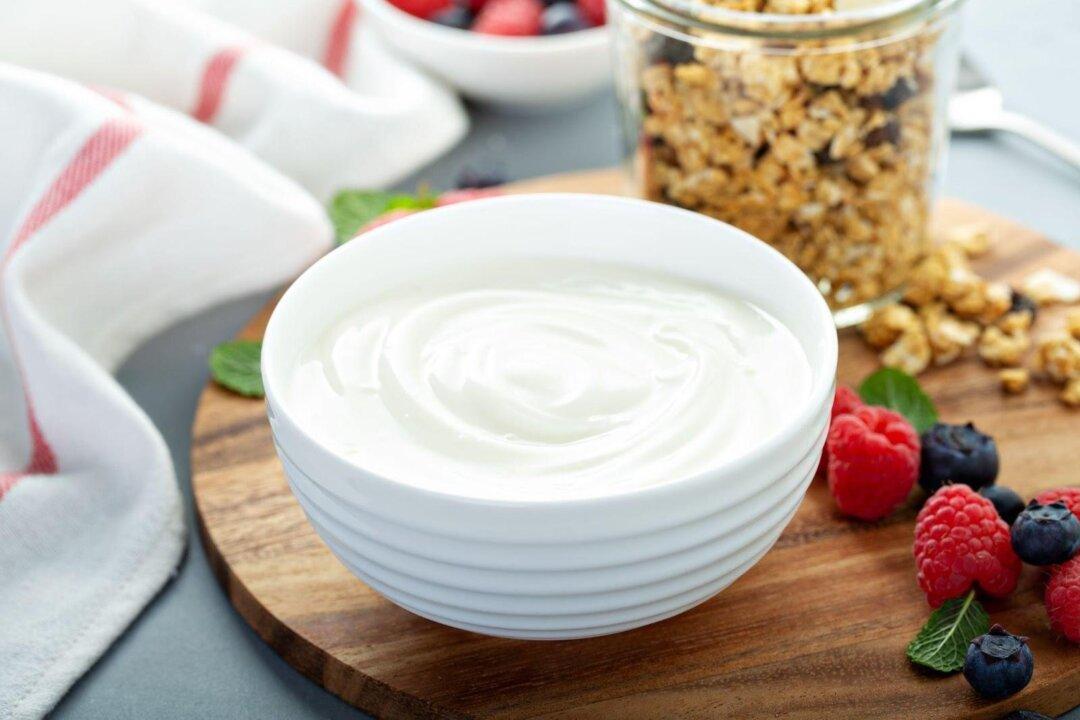Food engineers have recently discovered that Australian, lupins, an ancient legume, could rival dairy in taste and texture while still being nutritious.
The study was published in the Journal of Food Hydrocolloids.

Food engineers have recently discovered that Australian, lupins, an ancient legume, could rival dairy in taste and texture while still being nutritious.
The study was published in the Journal of Food Hydrocolloids.